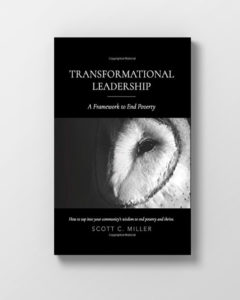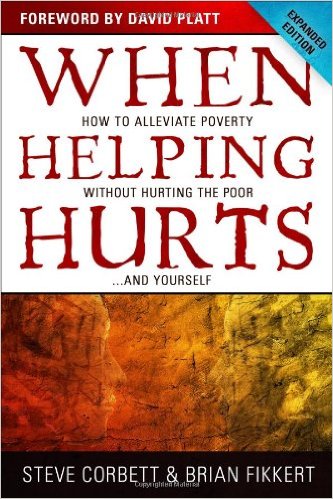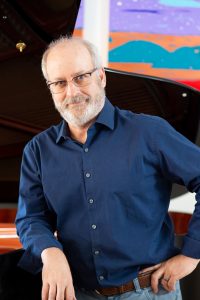
Spoiler alert: My primary theory of happiness is that it grows in proportion to how you use your precious time to have enough money, meaning, and friends and to express your fullest potential.
What do I mean by this statement?
- Precious time —understanding that no one knows how much time he or she has left in life, but it will never be more than 24 hours a day, seven days a week, or 12 months a year. Being mindful of our limited time steers us toward meaningful activity.
- Enough money —having a steady and reliable income that covers basic needs, provides savings for emergencies and large purchases as needed, and gives you enough extra to express yourself and to help others.
- Enough meaning —having a strong sense of your personal mission and following it. The root of the word vocation is vocare , which means “to call.” When we follow our calling in life, we have boundless energy, and we feel a consistent enthusiasm to keep going.
- Enough friends —having enough family and friends who put energy into your bucket more often than they take energy out of it. Having a strong connection to your family, community, and humanity that consistently shifts your attention from yourself to others. A sense of security that comes from having a community comprised of strong and healthy relationships.
- Express your fullest potential —listening to your heart’s desire and giving your all to achieving your unique vision. Understand your strengths, core values, and how best to manage weaknesses. Surround yourself with positive people who will cheer you on as you pursue your gifts, talents, and passions.
From the book: Enough Money, Meaning & Friends ~ By Scott C. Miller
To learn more about Scott Miller, please see his website here.

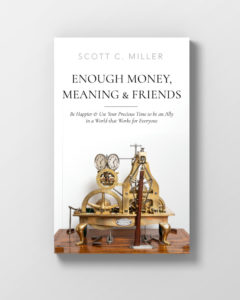
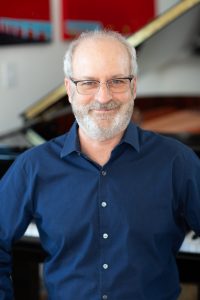 I was in New York City a few years ago having a conversation with a former United Nations ambassador about my first book, Until It’s Gone, Ending Poverty in our Nation,
in our Lifetime. He asked me several questions about my assumptions regarding the nature of poverty and about my work at Circles USA. After 30 minutes of dialogue, he
revealed what was really behind his questioning when he said to me, “Jesus said the poor will always be with us. Is ending poverty going against the Bible?”
I was in New York City a few years ago having a conversation with a former United Nations ambassador about my first book, Until It’s Gone, Ending Poverty in our Nation,
in our Lifetime. He asked me several questions about my assumptions regarding the nature of poverty and about my work at Circles USA. After 30 minutes of dialogue, he
revealed what was really behind his questioning when he said to me, “Jesus said the poor will always be with us. Is ending poverty going against the Bible?”